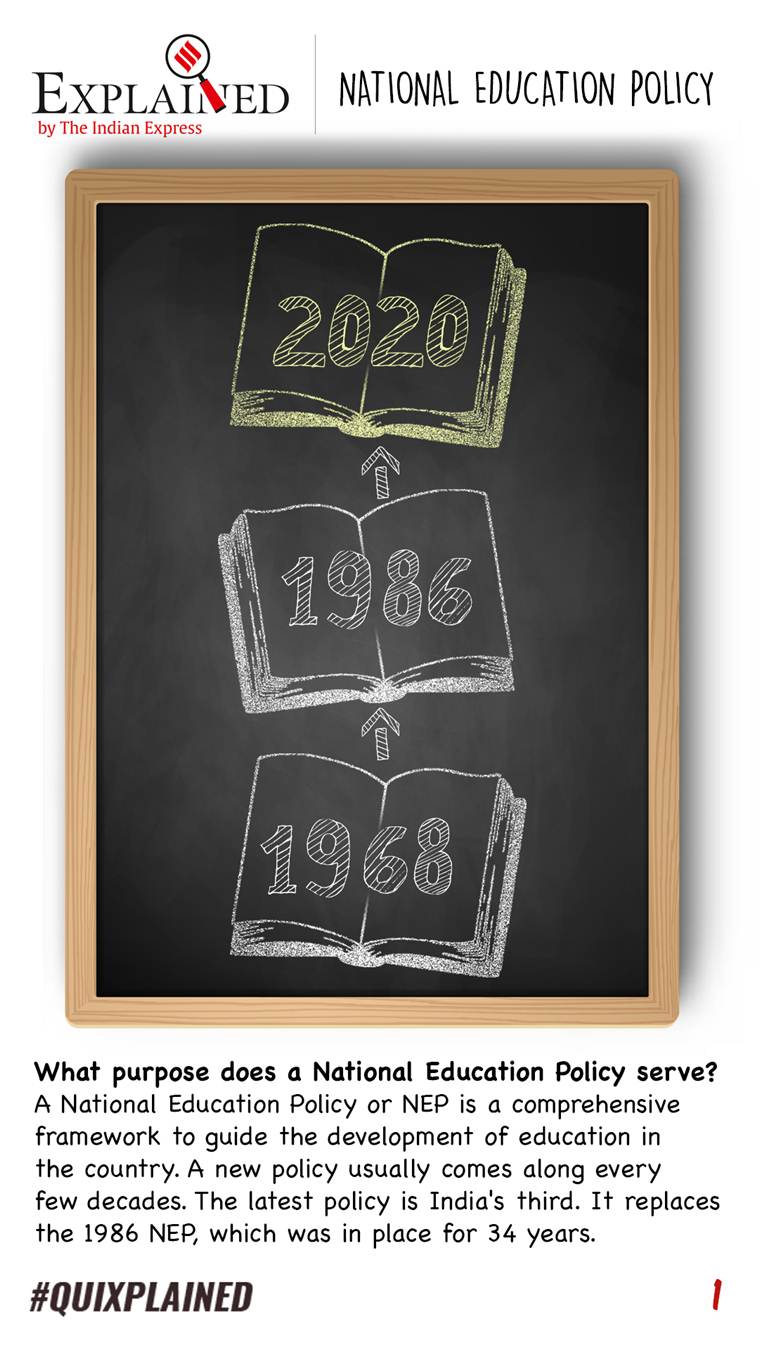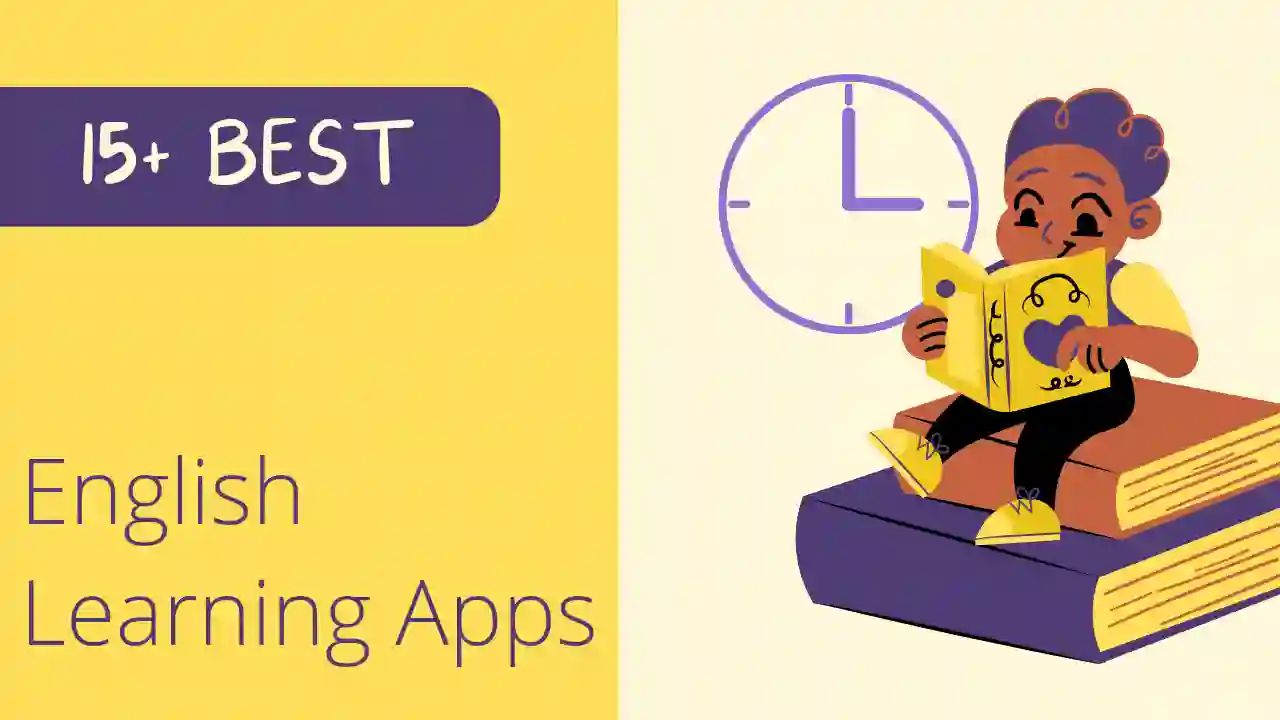Union Human Resource Development Minister ‘Ramesh Pokhriyal Nishank’ has issued a New Education Policy 2020 / राष्ट्रीय शिक्षा नीति 2020 or NEP 2020 for Schools, Colleges and universities regarding primary and secondary education guidelines that must be followed from 2020 onward.
‘The Ministry of Human Resource Development is now renamed as Ministry of Education’.
Highlights of New Education Policy 2020
Authorities have released guidelines for both school and higher education institutes. Here, we have covered the highlights of new education policy.
New Education Policy 2020 for School Education
New academic and curriculum structure of school education (5 + 3 + 3 + 4):
- 3 years in Anganwadi / Pre school
- 12 years in school.
For 3 to 6 year olds: Admission to Pre School / Anganwadi / Kindergarten for free, safe, high quality ECEE.

Foundational learning courses for Age 3-8 is divided into two parts:
- From age 3-6 years in ECCE
- Every child with age less then 5 will go to a “preparatory class” or “kindergarten” (ie before class 1).
Age 6 to 8, Grade 1-2: Basic Stage
Age 8–11, Grade 3–5: Early stages, games, discovery and activity based and interactive classroom learning.
Age 11–14, Grade 6–8: middle stage, experiential learning in science, mathematics, arts, social sciences and humanities.
Age 14–18, Grade 9–12: Secondary stage, multi-disciplinary studies, more critical thinking, flexibility and student choice of subjects.
The medium of instruction up to grade 5, and preferably grade 8 and beyond, will be the home language / mother tongue.
Beginning with Mathematics, all subjects are to be offered at 2 levels.
School students will have 10 bag-less days, during which they are taught a lesson of their choice (informal internship)
Board exam and School exam
School exams will be conducted for 3 levels only – Classes 3, 5 and 8. Assessment will change to an introductory style that encourages higher-order thinking skills, critical thinking and conceptual clarity.
Board examination will remain in the system but with less weightage. A new National Assessment Center PARAKH (Performance Assessment, Review and Analysis of Knowledge for overall development) will be established.
All students will be allowed to take board exams twice during any school year, one for the main examination and one for improvement, if desired.
Higher Education and College Entrance Examination
The National Testing Agency will conduct the Common College entrance examination twice a year. This will be implemented from session 2022.
The bachelor’s degree will be 4 years with exit option:
- Exit after 1 year: certificate
- Exit after 2 years: Diploma
- After the break, the option of mid term drop out will be given to complete the degree.
Bachelor programs will be multi-disciplinary in nature and there will be no rigid separation between arts and sciences.
Indian art, languages and culture will be promoted at all levels.
The M.Phil degree will be discontinued.
By 2040, all higher education institutions such as IITs will become multi-disciplinary. There will be more inclusion of arts and humanities subjects from science students and vice versa.
Selected universities from the top 100 universities in the world will be provided facility to work in India.
The system of affiliated colleges will be phased out over 15 years and colleges will be given more autonomy and power to award degrees. University status will end.
For full details, download the PDF documents given below.



